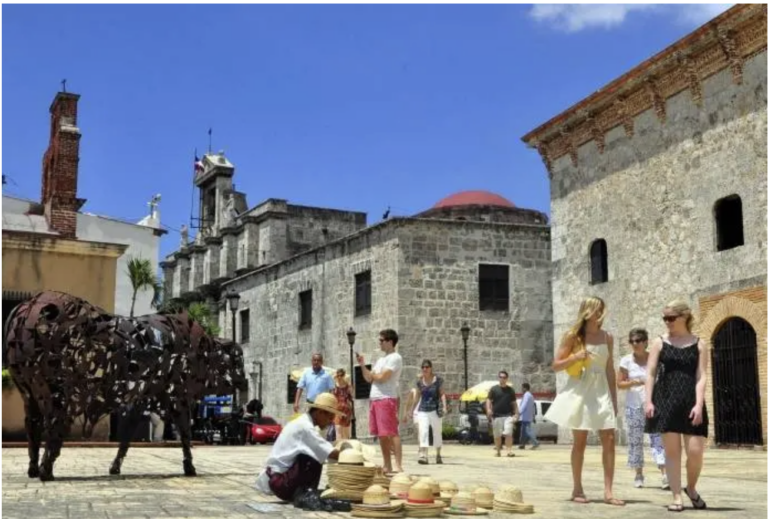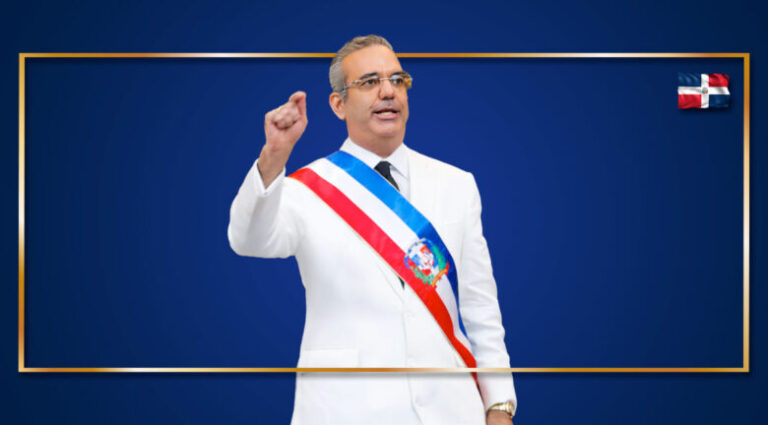While investment is not a determining factor in the success of a venture, it is a hurdle that must be faced. It is key to long-term growth. However, since most entrepreneurs do not have enough capital to address the various phases of business development, much less growth, investors become fundamental.
In economic terms, “entrepreneurship” is to start searching for value generation, by creating or expanding an economic activity by identifying and exploiting new products, processes or markets.
Pitch At The Beach brings all of the above together. With the participation of international experts, investors, representatives of the entrepreneurship and business ecosystem both in Latin America and the world, the three-day event was aimed at creating a networking experience for national and foreign startups with its epicenter in Punta Cana.
Solidarity
“As the first event in the Dominican Republic, we have done very well. There were more people than expected, from all sectors. It was very important and even more so after the hurricane,” stated one of the event organizers, Olivia Pons, an event that was brought to the country by George Nader, CEO of Nader Enterprises and founder of Pa’lante Dominicana.
Pitch At The Beach featured 31 entrepreneurs from about 20 countries. At least 15 were Dominicans, including Pedidos Ya, JompeameRD and GoWeb. “It is very important for us to integrate entrepreneurs from the country where the event is held,” Pons added.
Although the event was geared towards seeking investment, the social factor was fundamental. Pons revealed “Jompeame gave a 10-minute talk and received about $4,000 or $5,000 in donations of from the public… We want the entrepreneurs who present themselves to be social. We also had a girl who from Ukraine who talked about what it’s like to be an entrepreneur in the middle of the situation her country is experiencing.”
Investment
During Pitch At The Beach, investors from an number of countries were presented. On the investment landscape in the country, Lolita Taub (United States), an early-stage investor who supports community-driven startups in the U.S. and Latin America at Ganas Ventures, said she came to the Dominican Republic to learn about the process.
“It’s an interesting market. Everything that happens in macroeconomics affects how investors are viewing investing within their country or region, or outside.” She said that in the United States the market is hurting, which is why investors are stalling or taking more time to invest. “The same thing is happening in Latin America, the interesting thing is what governments are doing, because they impact the entire startup ecosystem.”
She also pointed out her surprise at the Dominican Republic and the steps the current cabinet is taking around measures to promote entrepreneurship. The national director of entrepreneurship of the Ministry of Industry, Commerce and MSMEs (MICM), Roger Marte, said that the trust provided by the government, as well as “transparency, honesty and institutionality,” are important elements for foreign investors.
Regarding their possible investments, Taub revealed that although she had a meeting with the CurboRD team “about what they are doing, how they are doing it and what they need to overcome their next challenge”, their business model does not fit into what she is looking for, but she did introduce them to other investors who would be interested.
For his part, Arturo Salazar (Mexico), of Billioneurons, a Venture Capital that supports ESG Fintech and Supply seed startups, explained that although the Dominican Republic market “is interesting, it is limited”, emphasizing the 10 million inhabitants.
Therefore, he was not interested in investments in tourism. “We are not interested in tourism. We are looking for technology. That we can move up.” He exemplified with CurboRD, “it’s about selling second-hand cars… we see a lot of potential, and it’s not tourism, it is intellectual property that is being developed here, designed around the needs of this market and that can be grown”.
He regretted that although tourism is essential in the country, “unfortunately, I can’t take a piece of Punta Cana, and take it somewhere else. It stays here.” Faced with this reality, he encouraged investing in technology because in the case of tourism, the geographical “problem” arises. “I can take technology anywhere, everywhere.”
Salazar said he found “two or three” local companies he is interested in investing in. “I’m going to keep exploring with them to help them grow and how to invest in them.”
Local panorama
Although he called the event “memorable”, Roger Marte understands that the country is still in process. “We are at the development stage, where first off, we laid the foundations of a regulation which is the first thing to be able to start promoting investment mechanisms, encouraging private investment but also from the State, promotes mentality and culture, training, accompaniment and subsequent financing,” he said.
Even so, he stressed that the visit of investors capable of making foreign direct investment creates a dynamic in the economy “because, for example, it follows that there may be talks to develop real estate projects or to acquire them in Punta Cana and in other tourist destinations that are in full development in our country,” he said.
The event brought together at least two entrepreneurs from Ukraine, investors from Mexico, Ecuador, El Salvador, Chile, Spain, Seville, Madrid, Italy, and Portugal.
Source:
El Dinero


